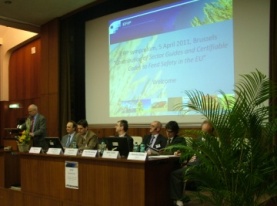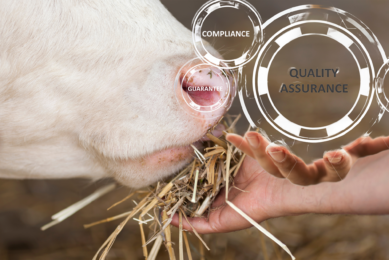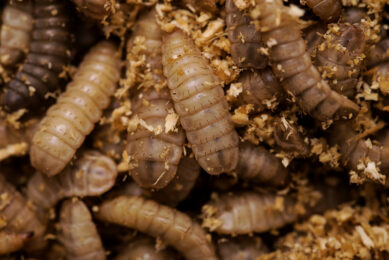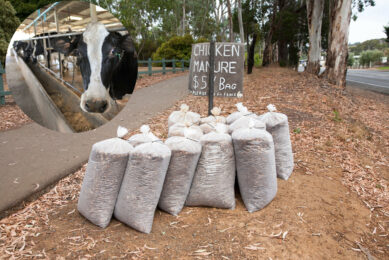EFIP seminar: Plea for harmonising feed safety protocols

The European Feed Ingredients Platform (EFIP) last week organized a symposium on “The Contribution of Sector Guides and Certifiable Codes to Feed Safety in the EU”. The event took place at the Royal Library of Belgium in Brussels.
Within the European Union many countries have developed their own feed safety protocols following national legislation. Often the protocols do not differ much from country to country, but are not recognised across borders. EFIP tries to streamline these processes.
On the one hand this would make comparisons and standards much easier, but on the other hand it would also minimise the number of audits (and costs) at inspected locations.
Since most programs are based on voluntary participation, collaboration between organisations is often difficult. The European Feed Ingredients Platform tries to bring parties together and have each other’s programmes recognized.
GHP and HACCP as basis
”It is essential to make the best use of the sector knowledge and experience regarding feed safety,” said Didier Jans, chairman of EFIP.
“As feed ingredient specialist, we are living Good Hygiene Protocols (GHP) and Hazard Analysis Critical Control Points (HACCP) every day of the year and by sharing this expertise amongst operators we strengthen the feed safety culture in the sector”.
Speakers from the European Commission DG Health and Consumer protection, DG Agriculture, the Food and Veterinary Office, as well as FEFAC, GMP+ International and EFIP presented their views and understanding on the present situation and the way forward.
The event attracted about 80 participants coming amongst others from the different sector organisations, national competent authorities, representatives of the European Commission, feed ingredients and compound industry, certification bodies and feed safety scheme owners.
Feed safety at present
Speakers and participants explored and discussed the present situation of feed safety within the EU.
Various key issues were addressed, such as the responsibility of the industry sectors, the role of the European Guides and certifiable feed safety management schemes in supporting the supply of safe feed.
Need for harmonisation
Furthermore, the need for compatibility and harmonisation of Guides and Codes within the EU-27 to improve the functioning of the internal market and fair competition between the different stakeholders were also emphasised.
“The collective knowledge of our sectors has been condensed in the EFIP feed ingredient safety schemes. This ongoing process results in increased awareness, ownership and motivation by the operator, resulting in an improved and uniform implementation of the EU legislative feed safety requirements and beyond,” Jans said.
“We are open to share experience and expertise and invite other feed materials sectors to join in the EFIP initiative” Didier Jans concluded.
The presentations of the different speakers are posted on the EFIP websiteand available for download.
For more information on EFIP and related schemes the EFIP secretariat can assist.











